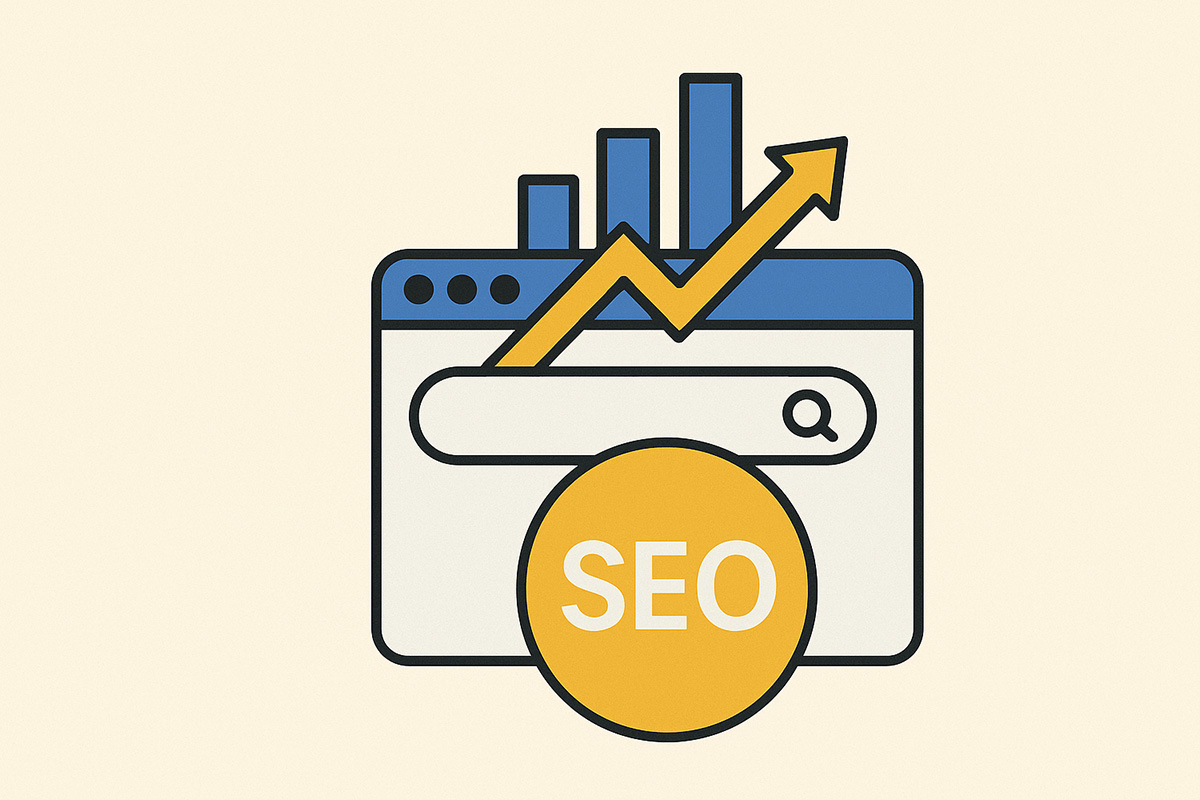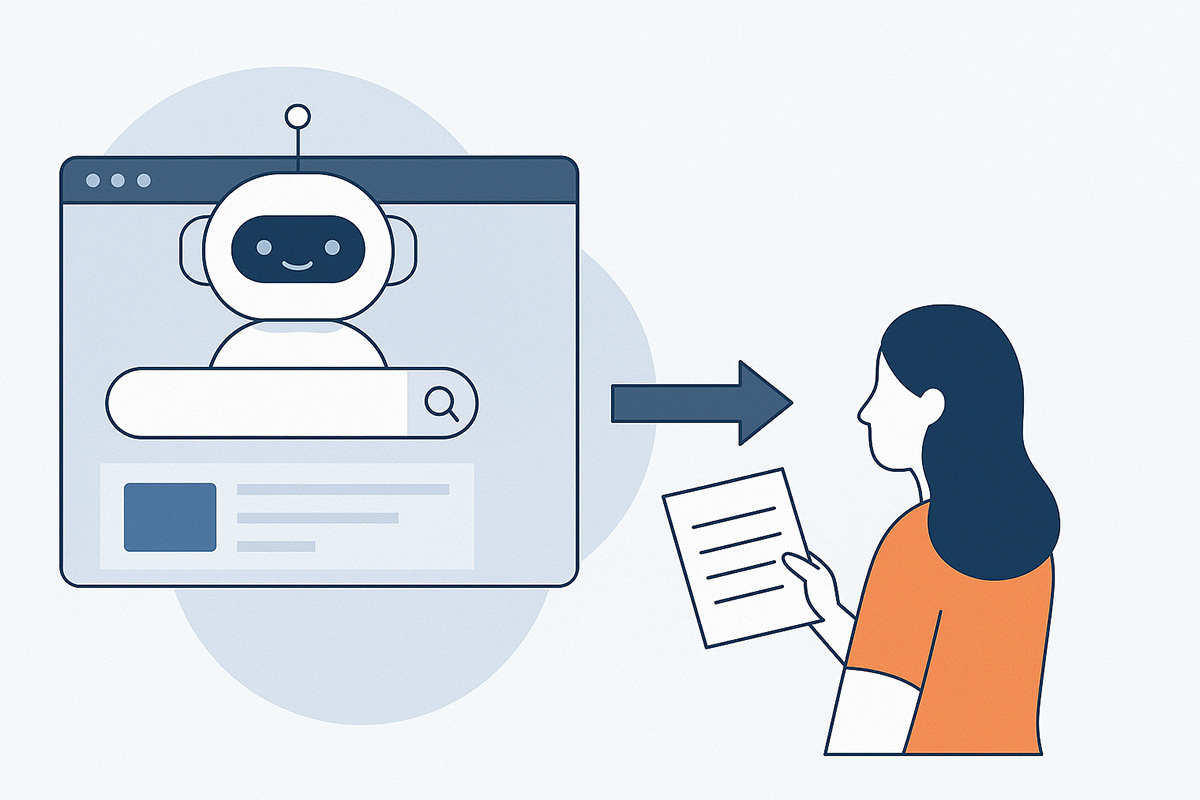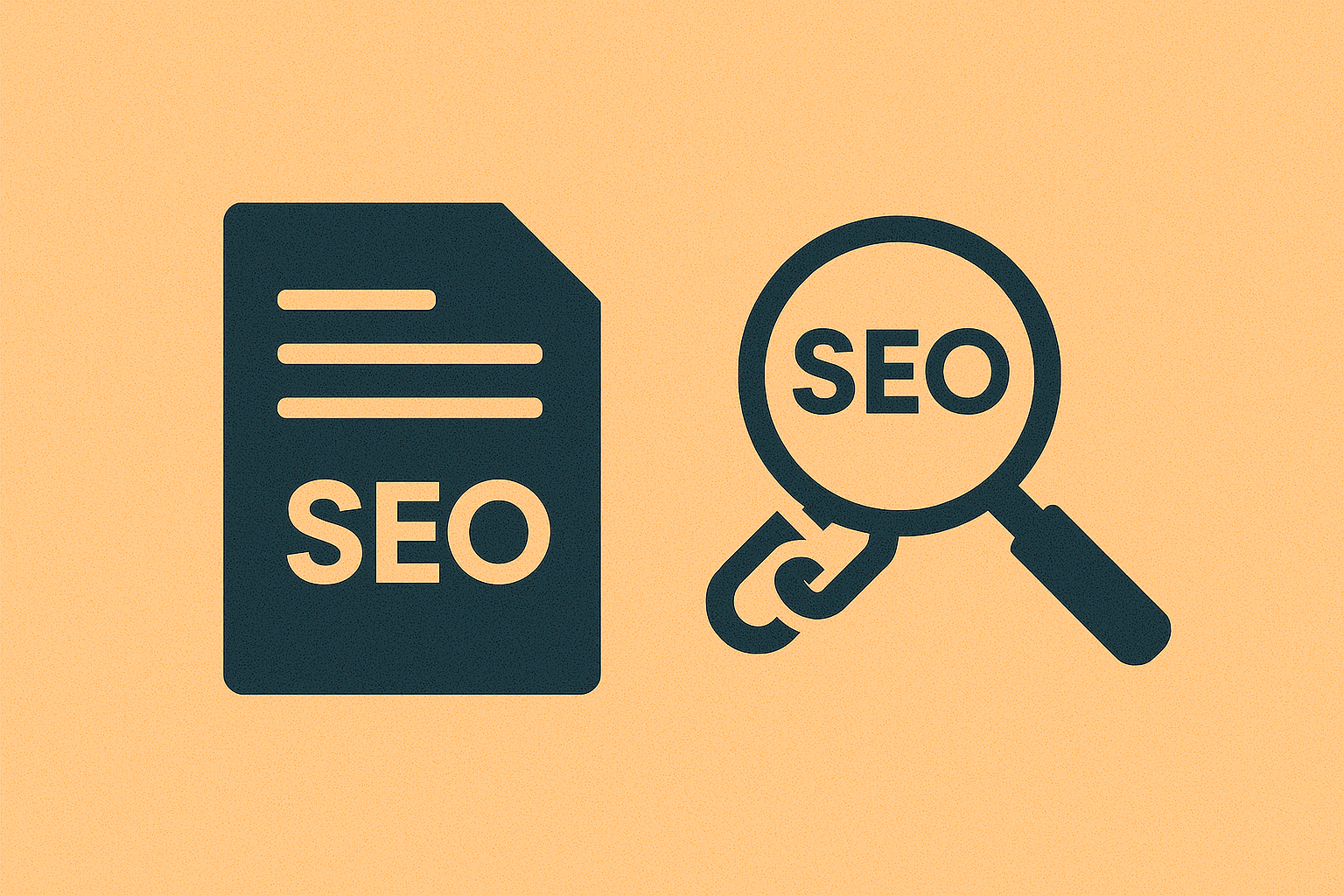Home / Blogs / Competitor Benchmarking: How SEO Agencies Analyze Your Rivals and Win
Competitor Benchmarking: How SEO Agencies Analyze Your Rivals and Win
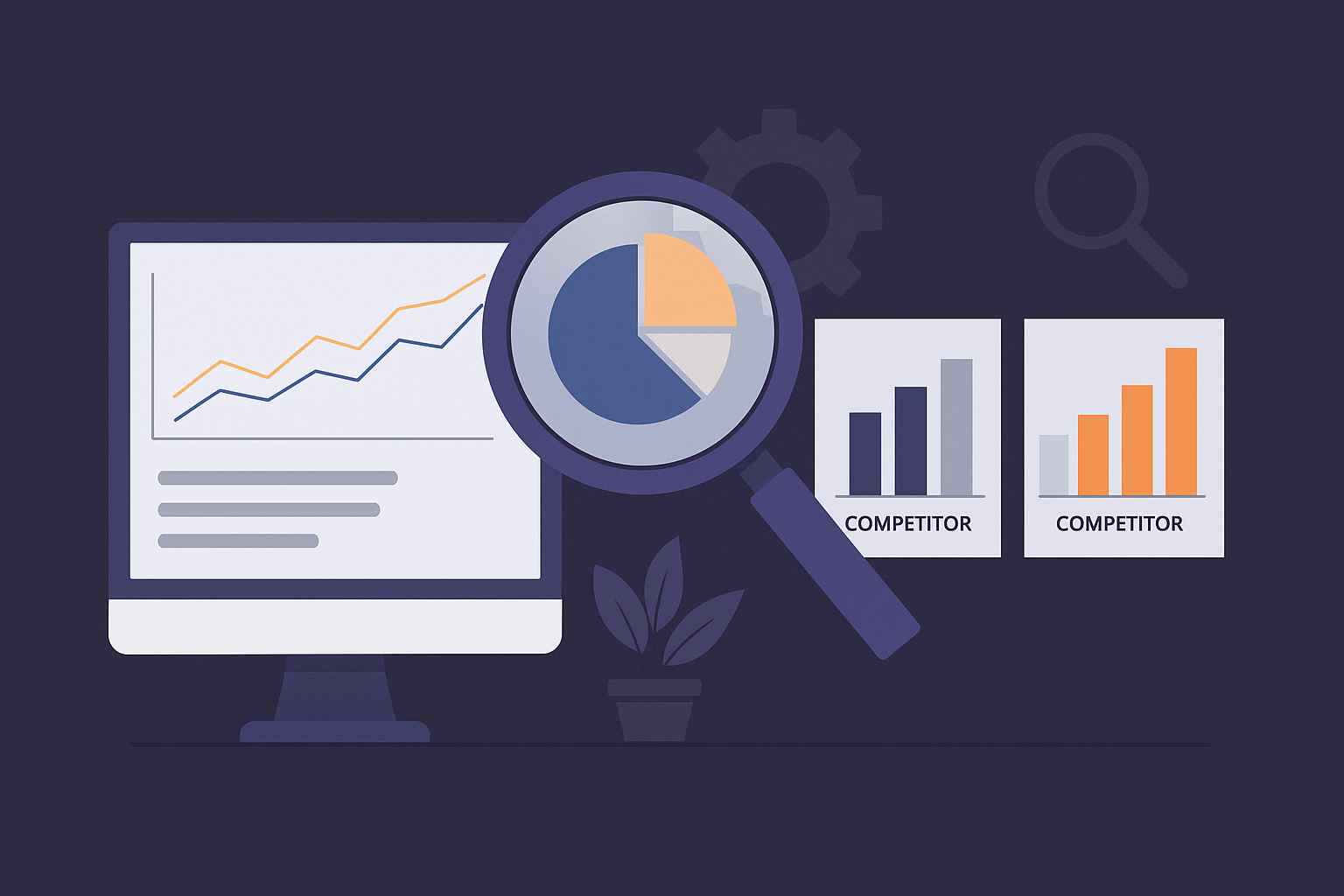 SEO
SEO
TLDR
Competitor benchmarking in SEO refers to evaluating your performance relative to direct and indirect search rivals by analyzing their:
- Keyword strategy
- Content depth and structure
- Backlink profile
- Technical SEO foundation
- Visibility in AI-generated search answers
Introduction
Search is noisy now. Everyone’s publishing. Everyone’s optimising. So just fixing up your own site won’t cut it anymore. If you're only focusing on your own site, you’re already behind.
Recent data shows around 60% of Google searches now result in zero clicks, jumping from 50% in 2019 and expected to exceed 70% by the end of 2025.
To really move up the rankings, you need to look around. What are others in your space doing that’s working? What’s helping them win visibility while your results stay flat?
That’s what SEO competitor benchmarking is built for. It’s not about copying tactics. It’s about spotting what you’ve missed. Keywords, structure, technical advantages, and making smarter moves.
At Verve Media, that’s exactly the starting point. Our teams look at where your competitors appear, how they’re ranking, and increasingly, how they’re showing up in tools like ChatGPT, Gemini, and AI-generated summaries. Because ranking isn’t just a blue link anymore. It’s structured results, it’s answer boxes, it’s zero-click visibility.
What Is SEO Competitor Benchmarking?
If you’ve ever wondered why your competitors seem to “own” the search results—this is where you start figuring it out.
Benchmarking in SEO is simple in theory. It’s a way to compare how your brand stacks up against others in search. But done well, it goes beyond just checking who’s ranking where.
The real work lies in breaking things down. Which keywords are they ranking for? What kind of content formats are they leaning on? Who’s linking to them? How strong is their site technically? Are they showing up in AI-generated answers?
This isn’t about lifting SEO ranking strategies off someone else’s page. It’s about figuring out what’s giving them an edge, and where that leaves you.
If your traffic isn’t moving, even with regular content updates, this kind of analysis helps you understand what your competitors are getting right, and what you’re missing.
Identifying the Right SEO Competitors
Not every site that shares your keywords is a true competitor. Some of them just overlap on a few terms. Others might dominate in places you’re not even looking, like AI snippets or answer boxes. Given that AI-generated overviews appear on roughly 13?% of queries, it’s crucial to identify competitors not just by rank, but by AI visibility”
That’s why smart SEO competitor analysis starts with segmentation. You’re looking at three types:
- Direct competitors. Same service, same audience.
- Topical competitors. Different offerings, but deep in your space content-wise.
- SERP competitors. The ones showing up in AI summaries and featured spots.
Knowing how to do competitor analysis in digital marketing is useful. Knowing who actually owns attention is better. It’s not just about visibility. It’s about relevance, and trust. That’s what you’re measuring here.
Just because someone ranks on Google doesn’t mean they’re your real competition. At Verve Media we help you find and beat the brands your audience is actually seeing and trusting.
Performing Keyword Gap Analysis
This step reveals what you’re not ranking for but should be. A keyword gap analysis compares your visibility with the queries your competitors already show up for. It usually brings three things to the surface:
- Keywords they’re winning that you haven’t touched
- Search terms tied to AI summaries or snippets
- Topics where they’ve built deeper content or stronger hubs
Applying proven keyword optimisation techniques to attract high-quality traffic is often what separates brands that rank from those that stagnate—especially in competitive digital spaces.
At Verve Media, our experts add an extra layer here through entity-based SEO and semantic mapping. This helps content stay relevant over time, based on how platforms like Google process meaning.
If your traffic is stagnant, it’s often because you’re not ranking for what your audience is actually searching. This is how we uncover, and close those gaps.
Backlink Benchmarking
Want better rankings? Start with better backlinks. We study who’s linking to your competitors and build smarter, stronger relationships for you.
Backlinks still matter. That hasn’t changed. What has changed is how selective search engines have become about quality and context. In fact, the top-ranking page in Google often has 3.8 times more backlinks than result positions 2–10—and nearly 70 per cent of all pages have zero backlinks
A solid backlink audit looks at:
- How strong and relevant each referring domain is
- The kinds of anchor text they’re using
- Whether their links are coming from guest posts, PR, or niche features
- The rate and diversity of new link acquisition
At Verve, teams also track and monitor unlinked brand mentions, using tools like BuzzSumo or Mention, and implement link reclamation strategies. These often present low-effort opportunities to claim credit where it’s due, a key technique to strengthen authority without creating new content.
If someone else in your space is outranking you with weaker content, backlinks could be why. This step uncovers what’s powering their authority.
Content Quality & Structure Evaluation
Your content might look great, but if it’s not structured well or lacks depth, it won’t rank or get cited by AI. We audit it so it actually works for you.
Content has to do more than look good. It needs to meet evolving standards around depth, trust, and usefulness. Google’s E-E-A-T framework, Experience, Expertise, Authoritativeness, Trust, guides much of this.
- Agencies audit competitor content across factors like:
- Clarity, accuracy, and topical depth
- Use of formats that surface in rich results (how-tos, lists, FAQs)
- Layout built for mobile reading and quick skimming
- Markup-like schema that helps content get picked up in AI and search previews
Verve Media also tracks how often a piece gets cited in generative tools. These mentions are becoming their own kind of ranking signal.
Great content doesn’t just answer questions; it earns trust, and that trust shows up in both rankings and AI citations.
Technical SEO Benchmarking
Even the best content won't perform if the site architecture is broken. Speed, usability, and crawlability form the base layer that all visibility sits on.
Here’s what strong technical benchmarking checks:
- Page speed scores and Core Web Vitals
- Mobile responsiveness and adaptive design
- Site structure and crawl depth
- Rendering of JavaScript and media
- Canonical tags, clean code, and schema validation
- Structured data implementation, and error-free HTML
No matter how strong your content or links are, technical issues will limit what you can achieve. This becomes especially important when working with a web development agency in Mumbai. A site’s technical health often dictates how well your SEO can scale. Fixing the base changes everything.
Benchmarking for AI Visibility
This is where things evolve. Verve Media goes beyond traditional benchmarking and looks at what’s now called GEO or Generative Engine Optimisation.
Why does this matter? Because as of early 2025, 13–15% of searches trigger AI Overviews, a number that’s rapidly increasing. As of July 2025, a growing portion of search queries never end in a click. People trust what they see in AI overviews. The game has shifted.
At Verve Media, our team tracks
- Which competitors show up in ChatGPT, Gemini, and other AI assistants
- The formats those mentions come from, checklists, explainers, opinion content
- How well the content is structured for machine readability
- What sources do the AI tools rely on when generating answers
Ahrefs analysis shows CTR for top-position results drops by 34% when AI overviews are present, meaning readers trust the summary without clicking further. If your competitors are already showing up in those answers, they’re earning trust in places where you’re invisible. That’s what this layer exposes and helps you fix.
Turning Competitive Insights Into Strategy
Data without action doesn’t do much. Once a benchmarking report is done, the next step is building a real plan off the back of it.
We reverse-engineer these mentions and optimise your content and brand structure to win visibility in this next frontier of search. Verve Media uses these insights to steer:
- New content topics based on competitor gaps
- Backlink outreach focused on domains that already trust your rivals
- Schema upgrades to increase visibility in snippets and AI tools
- Site improvements that help search engines crawl deeper and faster
These approaches can be applied across industries, whether you're scaling a SaaS brand, running a marketplace, or trying to grow a niche service business.
Benchmarking is the groundwork. Execution is where the gains show up. We make sure you’re part of those gains.
Why Partner With Verve Media?
According to The Wall Street Journal, 80?% of consumers complete 40?% of their searches using AI-generated summaries, signalling a fundamental shift in search behaviour.
This is why we understood that just being just another SEO agency in Mumbai is not going to cut it anymore. So we're among India's first digital marketing agencies to integrate AI SEO into traditional strategies.
That means:
- Tracking how your business shows up in AI-generated responses
- Structuring data to be understood clearly by machines
- Creating formats that perform in voice, visual, and zero-click environments
If your goal is to move past the competition or make sure your brand is first in line in a new category, this kind of benchmarking becomes a core weapon. Verve Media knows how to use it.
If you want to win, work with someone who sees what’s coming. That’s the edge Verve Media brings to the table.
FAQs
- What is benchmarking for competitor analysis?
It’s the process of studying what your competitors are doing across SEO, content, and backlinks to see where you stand, and where you can grow. Think of it as a blueprint for uncovering missed chances and smarter moves.
- Which tool is best for competitor analysis?
It depends on what you're tracking. For backlinks and keyword rankings, tools like Ahrefs, SEMrush, or SEOClarity work well. If you're digging into content depth, MarketMuse or Surfer are strong options. For entity-level SEO, Kalicube and InLinks are worth exploring.
- Can competitor analysis directly improve SEO rankings?
Definitely. Once you see what your competitors are doing and what you’re not, it becomes easier to spot the gaps. That insight helps with content strategy, link building, and technical fixes that can lift your visibility across search engines and even AI results.
- What metrics do agencies look at in competitor benchmarking?
They focus on keyword overlap, backlink quality, how content is structured, the use of schema, and whether a brand is showing up in AI-generated results. It’s not just about rankings anymore. It’s about presence across platforms.

.jpg)
.jpg)






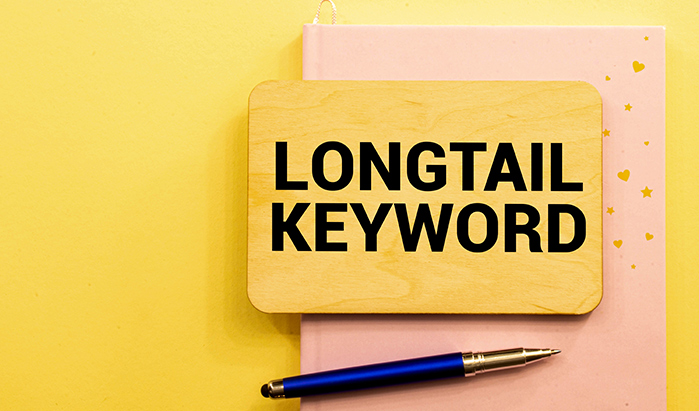


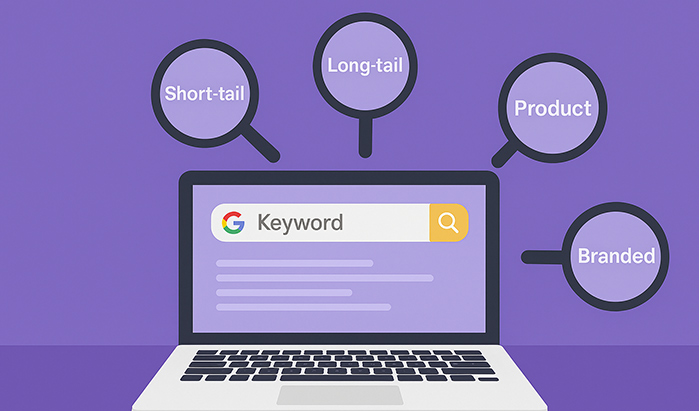







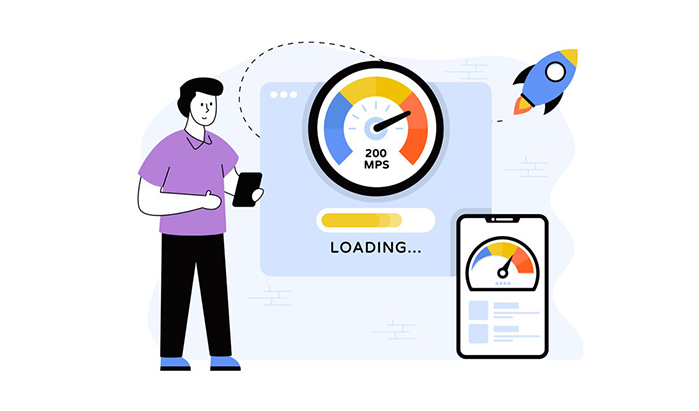



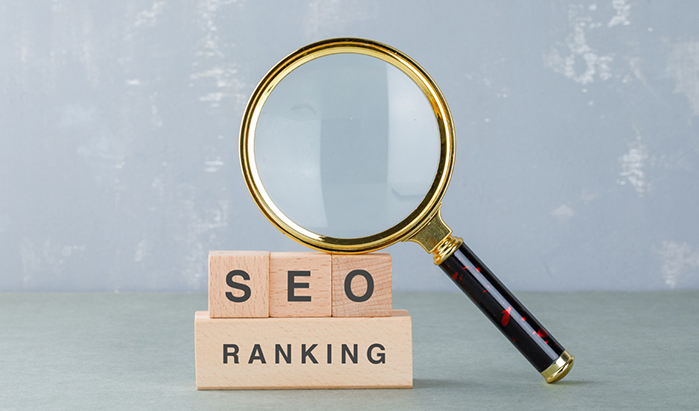







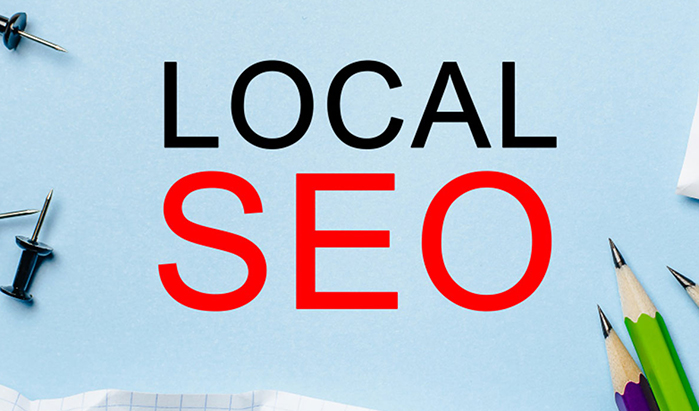

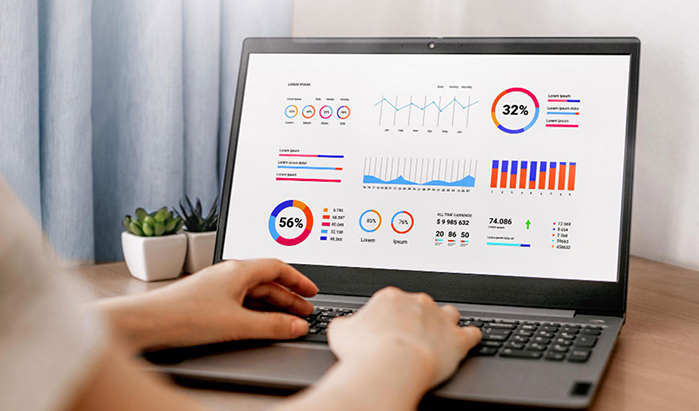


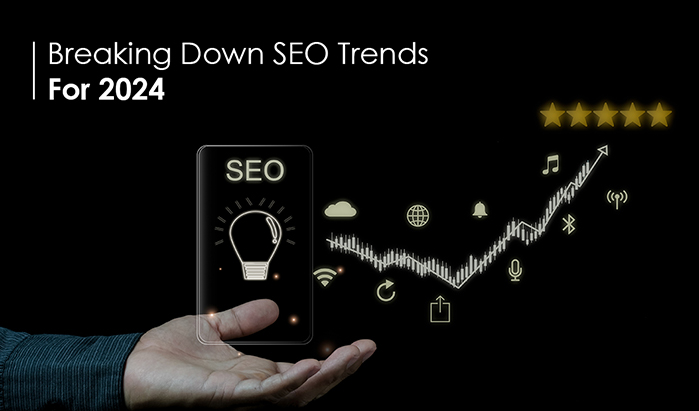









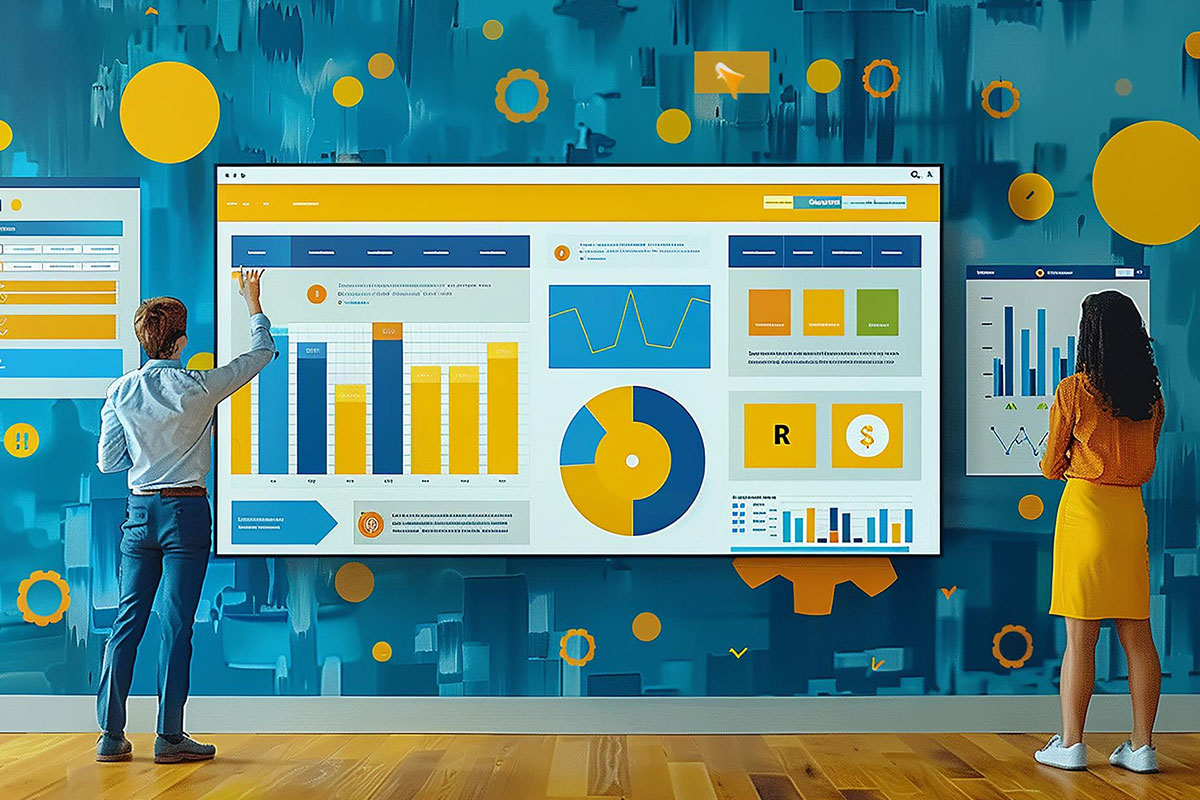








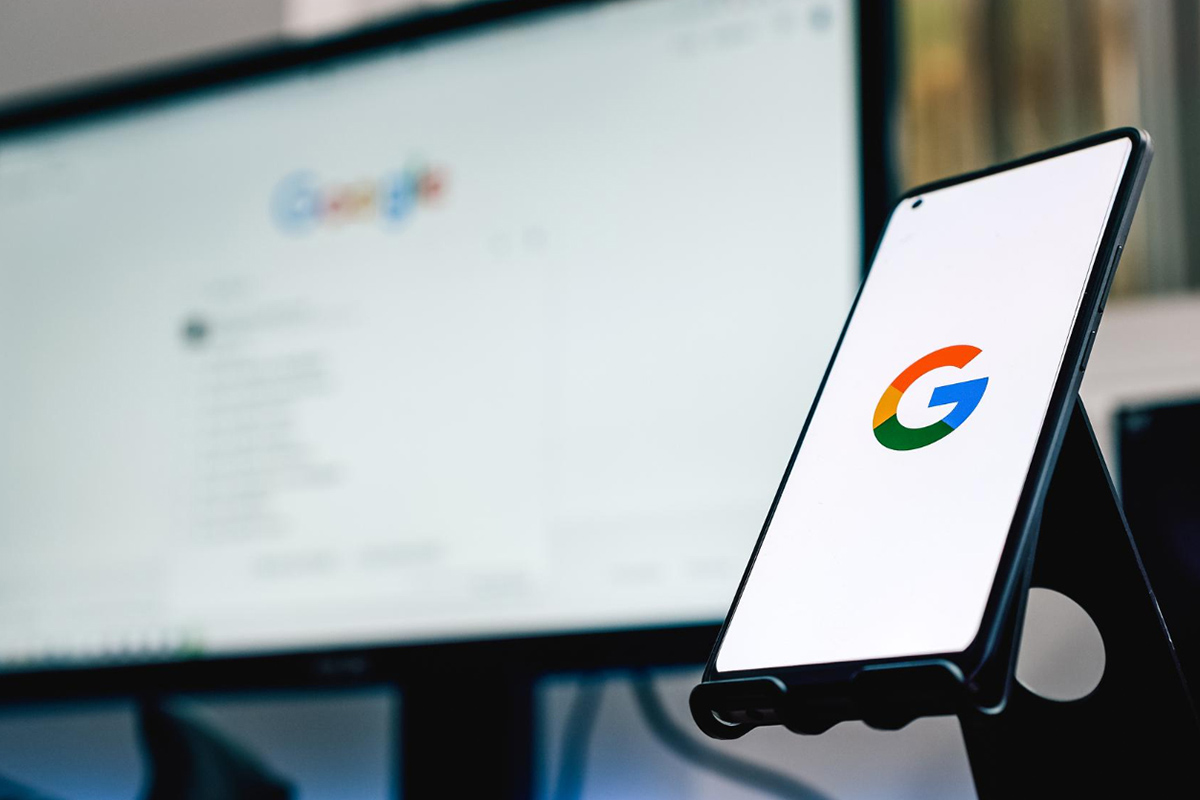









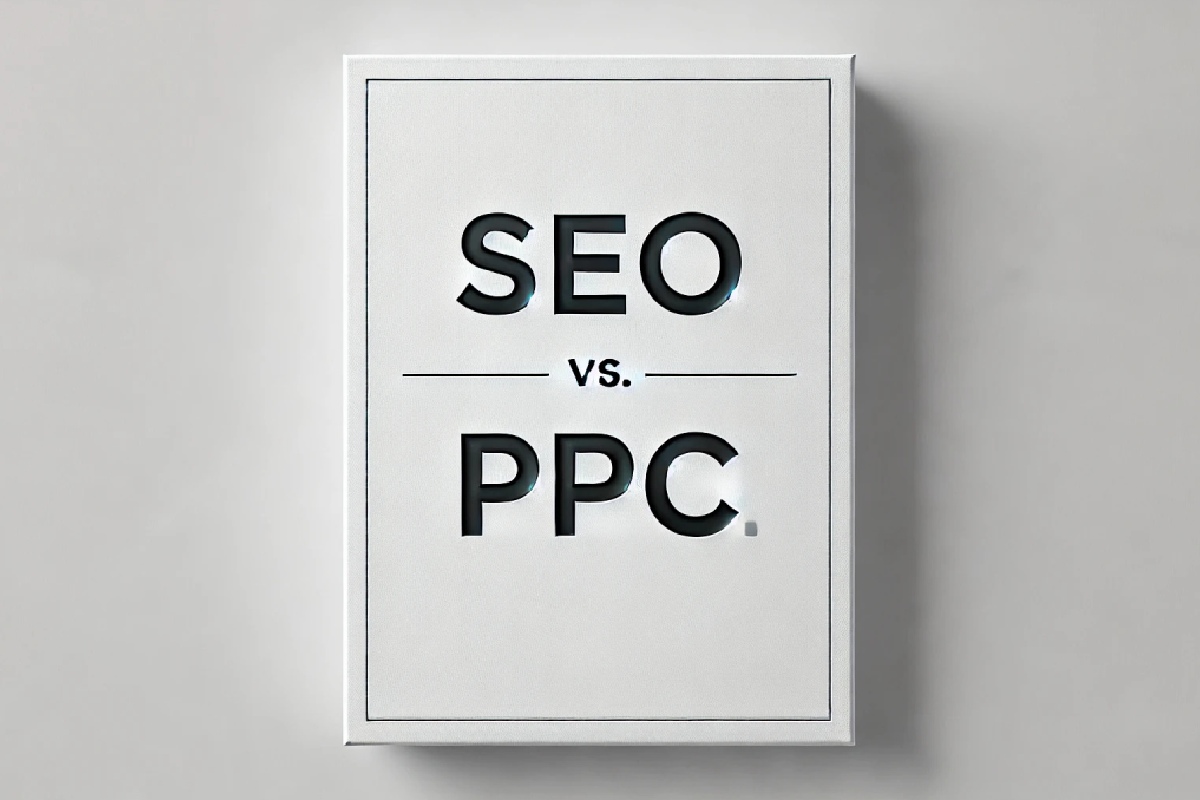







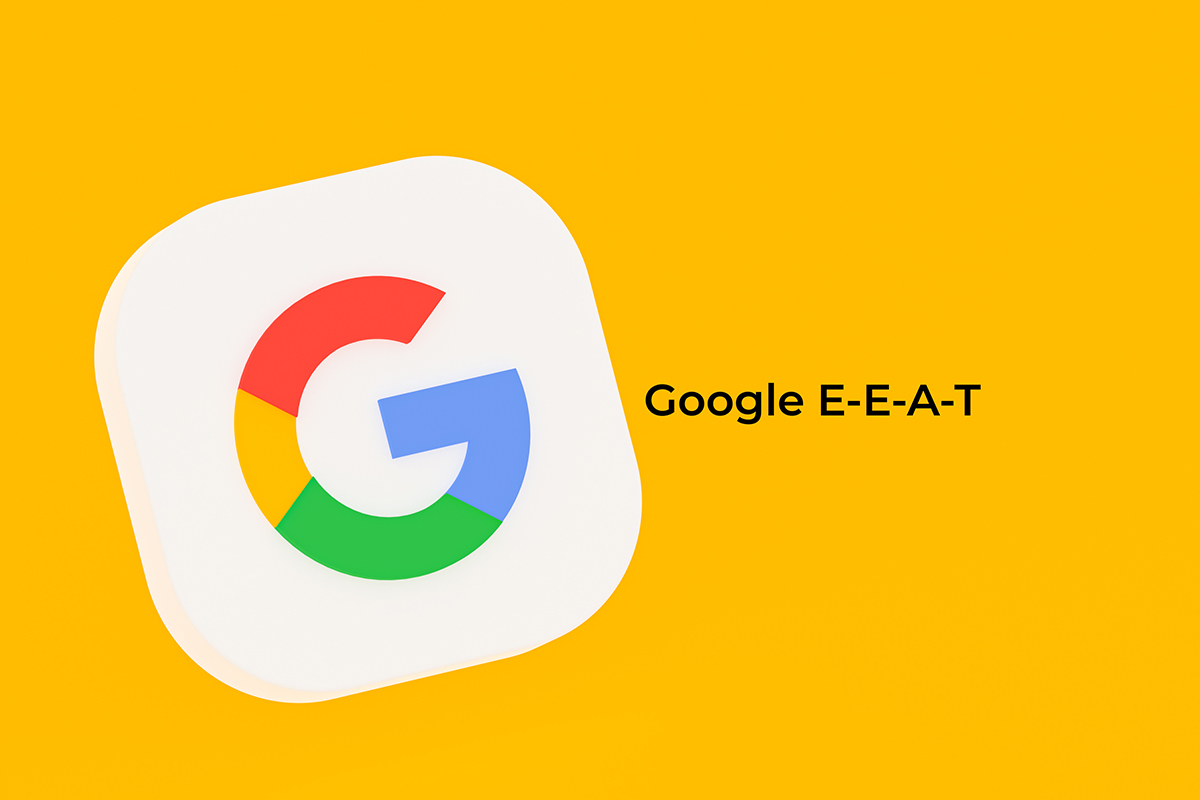

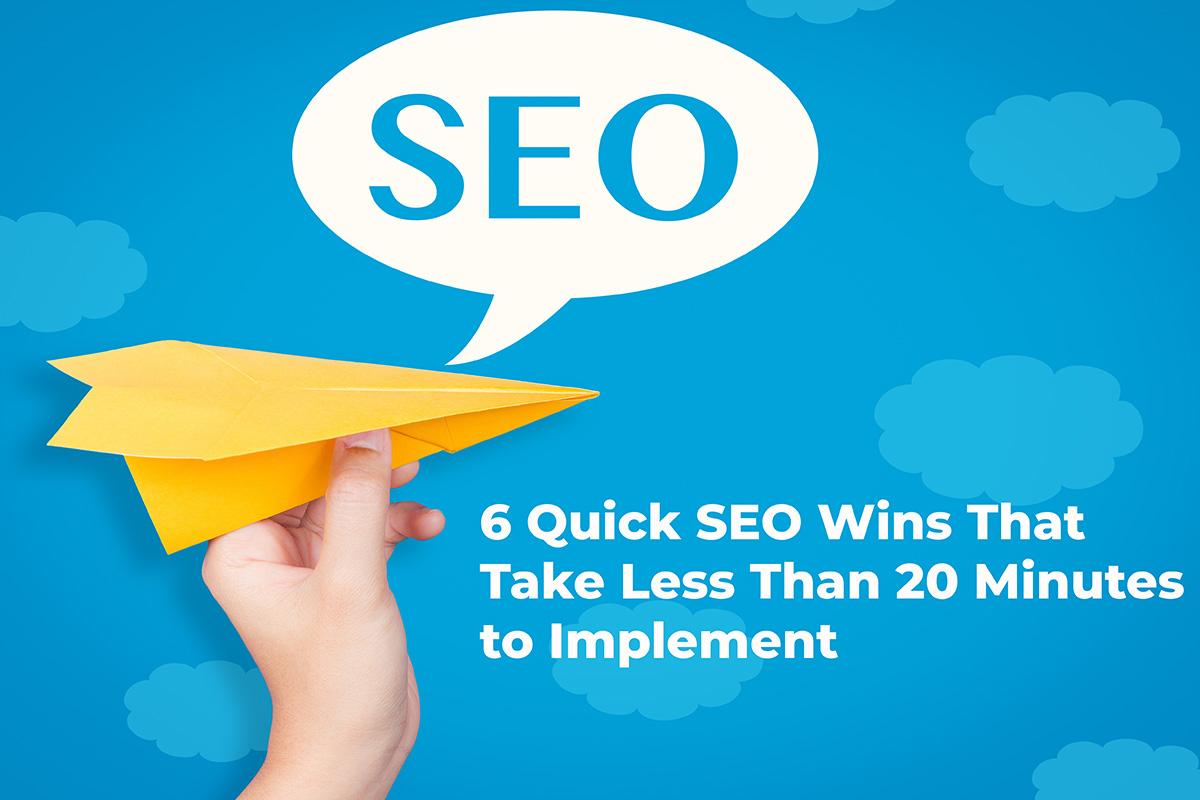












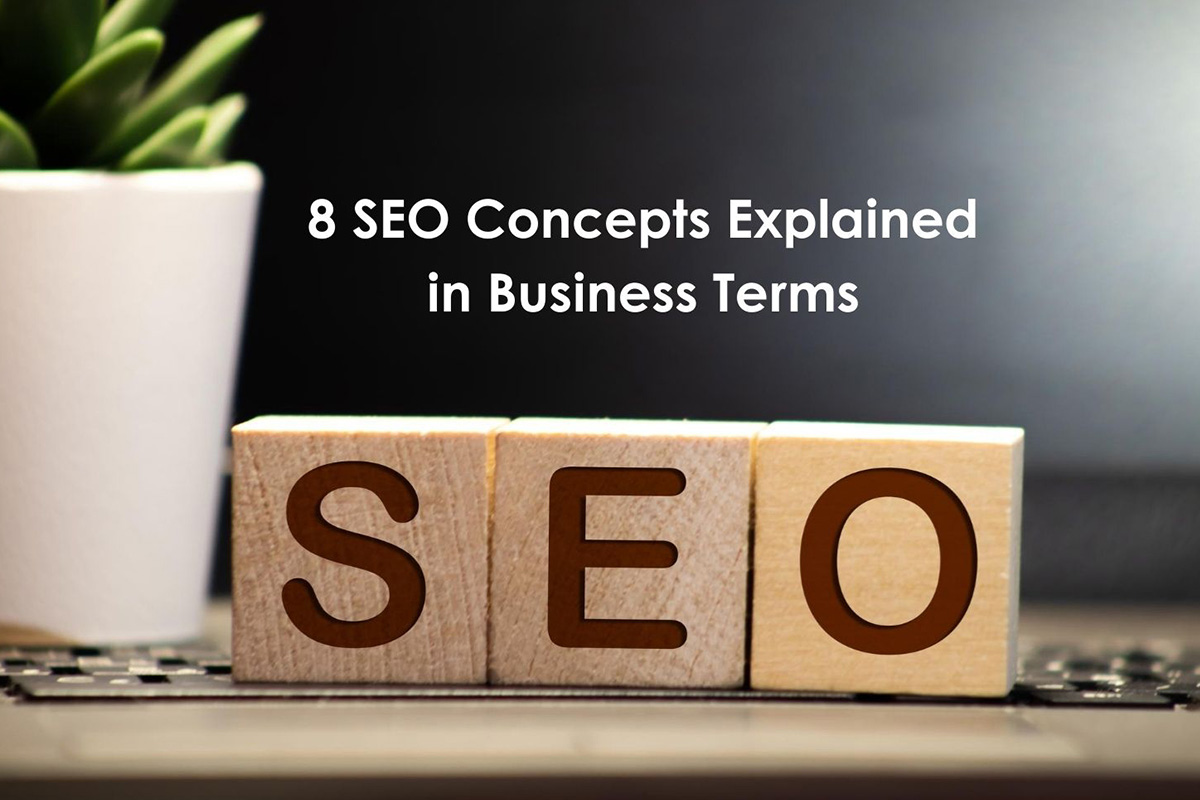
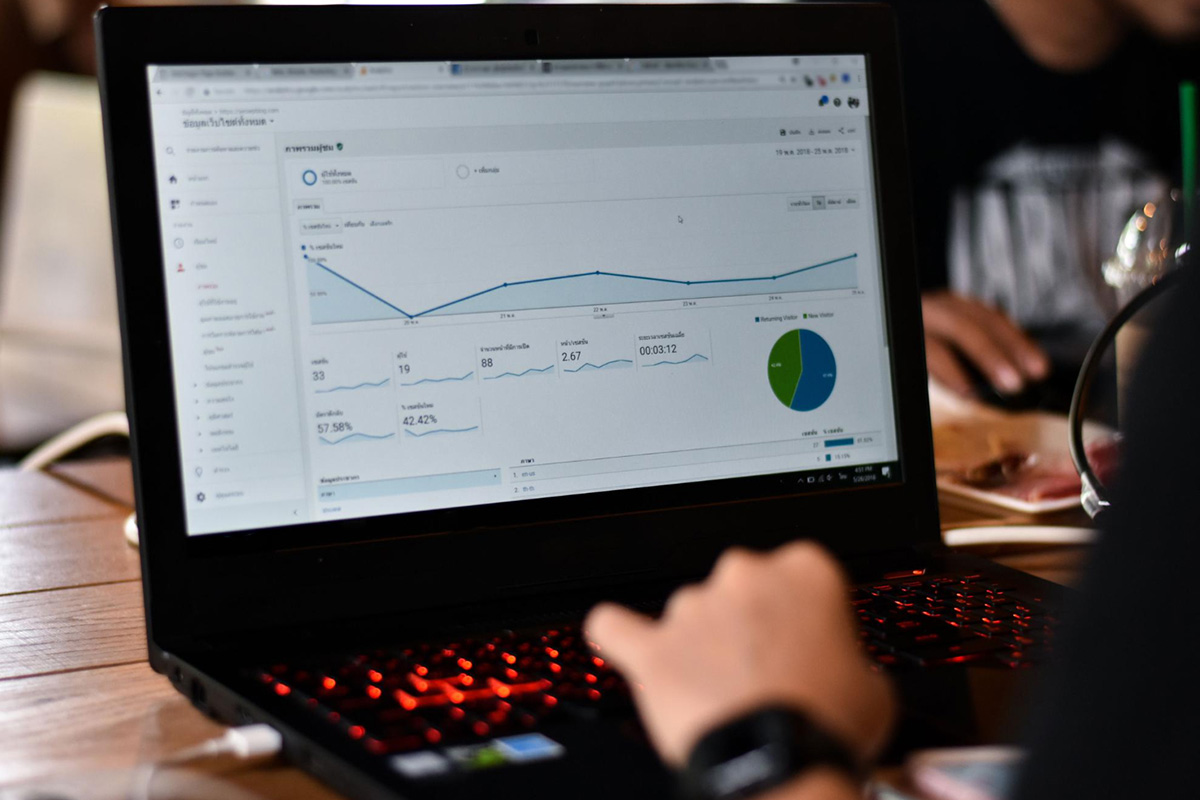


.jpg)
